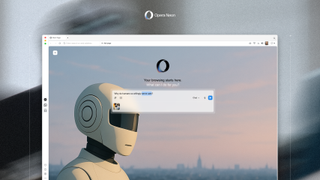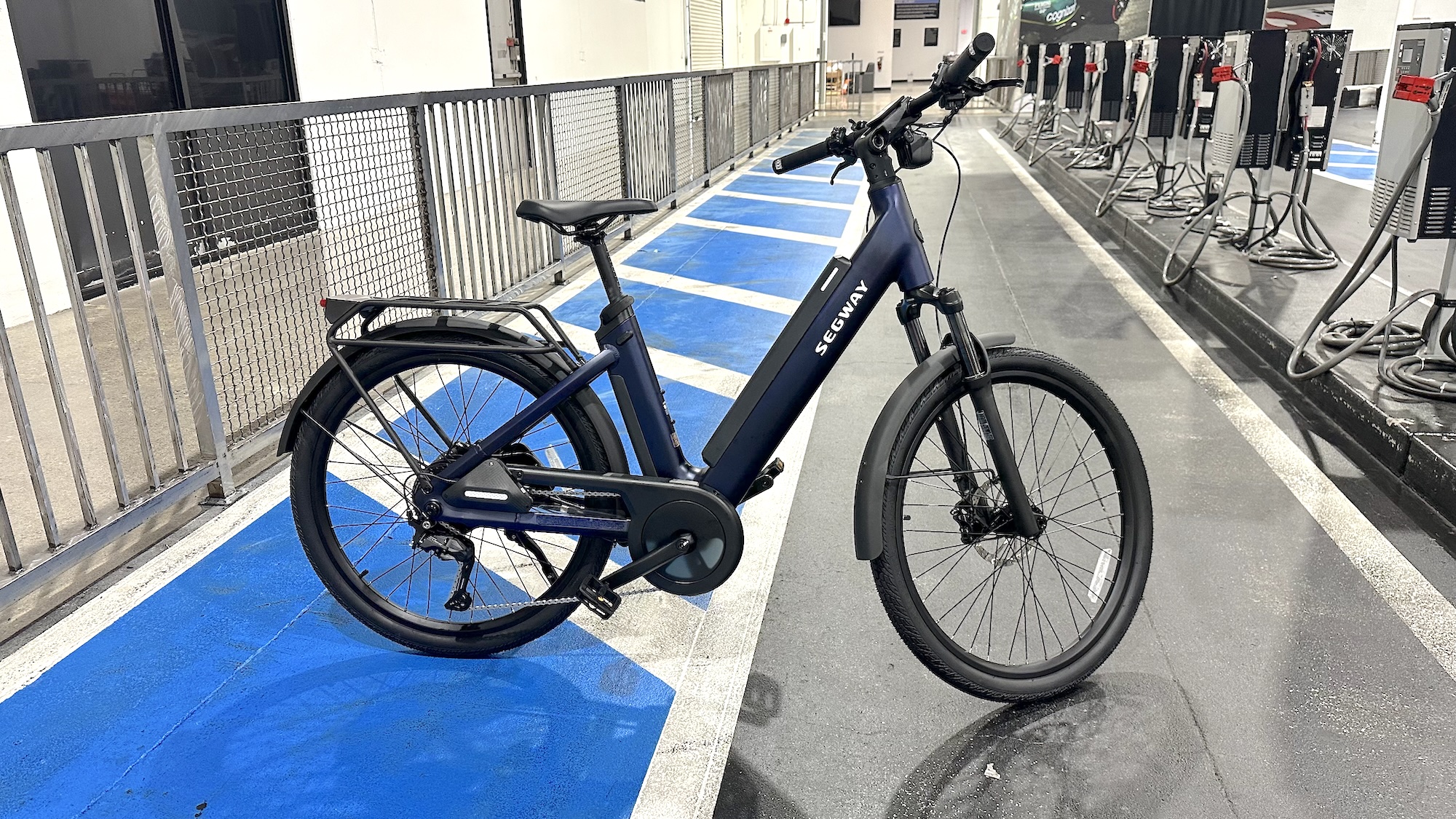Latest about Browsers

New study reveals Chrome is bad for your privacy — but this browser is even worse
By Scott Younker last updated
Web browsers are one of the most essential tools we rely on every day, but there are smart choices to make when it comes to privacy.

Chrome's new AI feature can turn any webpage into a podcast — here's how to use it
By David Crookes published
In Chrome you can turn your webpages into podcasts, here's how.

Over 4 million users hit with spyware that can turn your browser extensions into malware — how to stay safe
By Amber Bouman last updated
ShadyPanda is a dangerous new malware campaign that spent years turning browser extensions into spyware.

I tested the world’s first mindful browser — it finally convinced me to ditch Google Chrome
By Jason England last updated
The internet is chaos, and Opera Air is the mindful browser defense against it all — placing a focus on mindfulness with meditation and binaural beats.

I just tested the new ChatGPT Atlas browser — here’s 4 big ways it beats Chrome
By Anthony Spadafora last updated
OpenAI’s new browser ChatGPT Atlas puts AI front and center with plenty of other useful features too.

I just discovered what Android's new Gemini button can do in Chrome and it's a serious time-saver
By Kaycee Hill published
Discover how to use the new Gemini button in Chrome to instantly summarize pages, without leaving your browser.

Google finally adds a way to tame notifications on Chrome — here's how it works
By Scott Younker published
Google introduced a new feature to quiet Chrome notifications.

Opera Neon wants $20 a month to replace Google Chrome — is it worth it?
By Jason England published
I tested (and loved) Opera Neon a few weeks ago, and today, it’s shipping to the first users! We also have confirmation of the subscription price for those AI features: $20 per month.
Here at Tom’s Guide our expert editors are committed to bringing you the best news, reviews and guides to help you stay informed and ahead of the curve!

